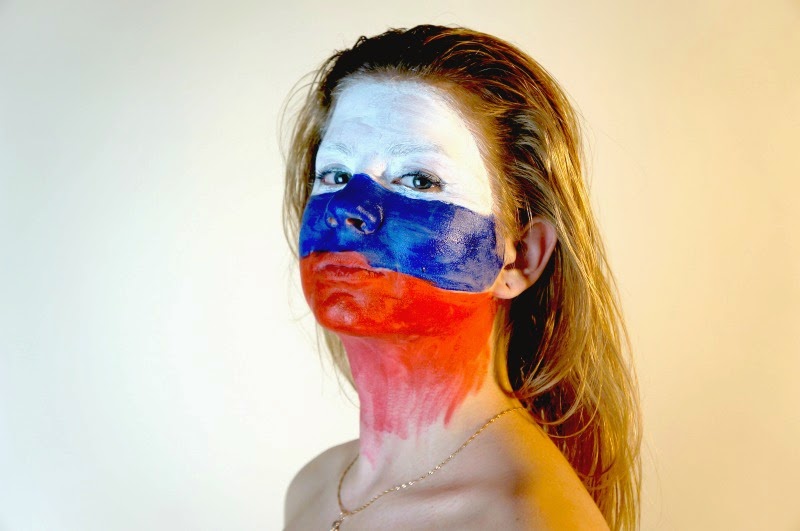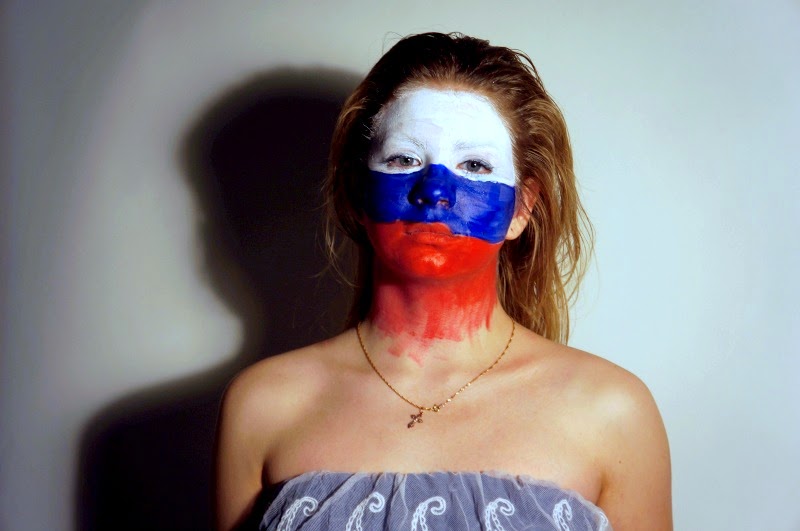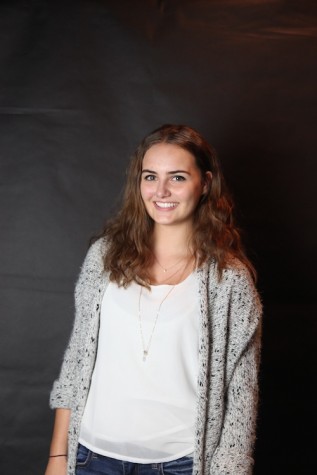When English Comes Second
Staff Photographer Freya Sonnichsen recounts her experience as an exchange student from Denmark as well as stories of other immigrants at Central.
December 22, 2014
“When did you move here?”
“Can you say something in Danish?”
“Wait, where is Denmark again?”
It’s very likely that I will be asked either one or all three of these questions when I’m meeting new people. By one look at me, you would never guess I’m not American. It’s not apparent in my accent, neither is it in my clothes or skin tone. On the outside, I fit right in. On the inside? I’m 100 percent Danish, proudly born and raised in Denmark.
Many students at Central have international backgrounds ranging anywhere from Mexico to India. In most cases, students are second generation as opposed to first. However, the small percentage of students who are first generation, like myself, face high school in an entirely different way than our peers.
Senior Kamile Inokaitis came to America when she was seven. Her mother and brother had moved to America from Lithuania the year before because of her brother’s basketball scholarship. In 2002, after 12 months of separation, the family was again reunited when Inokaitis and the rest of her family moved to Illinois.
The family of five have been in America for 12 years now. Inokaitis has attended school in Illinois all her life and have even had a private English tutor. Despite this, there is still a noticeable Lithuanian accent when she speaks. As I am talking with her, her words go up and down and she thoroughly pronounces every consonant, something which I find charming. She does not agree with me, however. As an underclassman, she was picked on because of her accent.
“It gets annoying sometimes, [and] it just gets in the way [when] you’re trying to have a normal conversation,” Inokaitis said. “I think in Lithuanian, so sometimes when [I’ll say a sentence], it doesn’t come out the right way.”
Even though I don’t have an apparent accent, I go through the same thinking process as Inokaitis. If I talk too fast I’m likely to say a wrong word, put my sentence in an incorrect order, or mumble my speaking. I’ve been told that I’m lucky that I don’t have an accent, however, I’m not so sure. When people don’t realize that speaking English can be a struggle, it becomes harder to connect with people.
A different cultural background can greatly impact one’s social life, especially for teenagers.
For example, the two social cultures between Denmark and America have many differences. I wouldn’t do the same things with my American friends that I would with my Danish friends and vice versa. For instance, having a pool party with hot dogs on the grill and cake for dessert is something considered normal for the average American teenager – but in Denmark, it would be viewed as something only children attended, and teenagers would prefer to cook a nice dinner and calmly eat it together. The age when you are considered a young adult greatly differs between the two countries, causing social hangouts to be very different.
Since there are both similarities and differences between the cultures, it can be hard to figure out where the line of social acceptance stops and begins. Because of this, I sometimes become more withdrawn to make sure I won’t say or do something “wrong”. I’ll still speak my mind – that’s something I’ve never been afraid to do – but I don’t do it as much as when I’m in Denmark.
In this way, too, Inokaitis and I have something in common.
“When I’m [in America, I’ve] noticed that I become more close minded,” Inokaitis said. “People are more conservative here.”
Even though Inokaitis has spent most of her life living in America, she still has most of her friends in Lithuania because she feels they are easier to connect with.
“They understand the way I act,” Inokaitis said.

Arina Vaslyayeva is one of Central’s exchange students. All the way from Russia, she arrived in August with only two years of English prior to her arrival. Vaslyayeva is challenged every day with her English, and recalls how hard the first week of school was for her.
“I was really frustrated because I didn’t understand anything, and it was so confusing for me. I didn’t understand what [people] asked me,” Vaslyayeva said. “[However], my English has gotten a lot better [since then].”
Unlike Inokaitis and I, Vaslyayeva does not come home to her mother language every day. She comes home to her American host family and continues to speak English, which is one of the reasons her English skills have improved immensely.
“I’m only on the beginning of my [trip, so I will continue to get better still],” Vaslyayeva said.
Vaslyayeva, Inokaitis and I are all at different places with our English, however, we all have one thing in common: we all currently balancing two cultures. This will have an impact on all of our futures. The question still unanswered is whether it’s a positive or negative impact.
One downside of continuing education abroad is that you start to lose touch with your own language. Inokaitis wants to be a doctor in Lithuania, but is concerned with not being able to write Lithuanian well enough.
My personal dream job is as a Danish journalist, which is heavy on writing and speaking Danish. Like Inokaitis, I too am concerned if I don’t know my own language well enough. I’ve missed out on a large portion of my Danish education, which gives me a discomforting feeling about my future.
The positive side, however, is that we have seen and experienced way more than the average teenager. Getting to travel abroad and live in different places of the world while young gives you a broad perspective which stays with you for life. I have seen things I might never have seen, done things I met never had done, understood things I might never had understood if it had not been for my travels.
While I might have missed out on my own culture, I have gained so much more by being part of somebody else’s.








